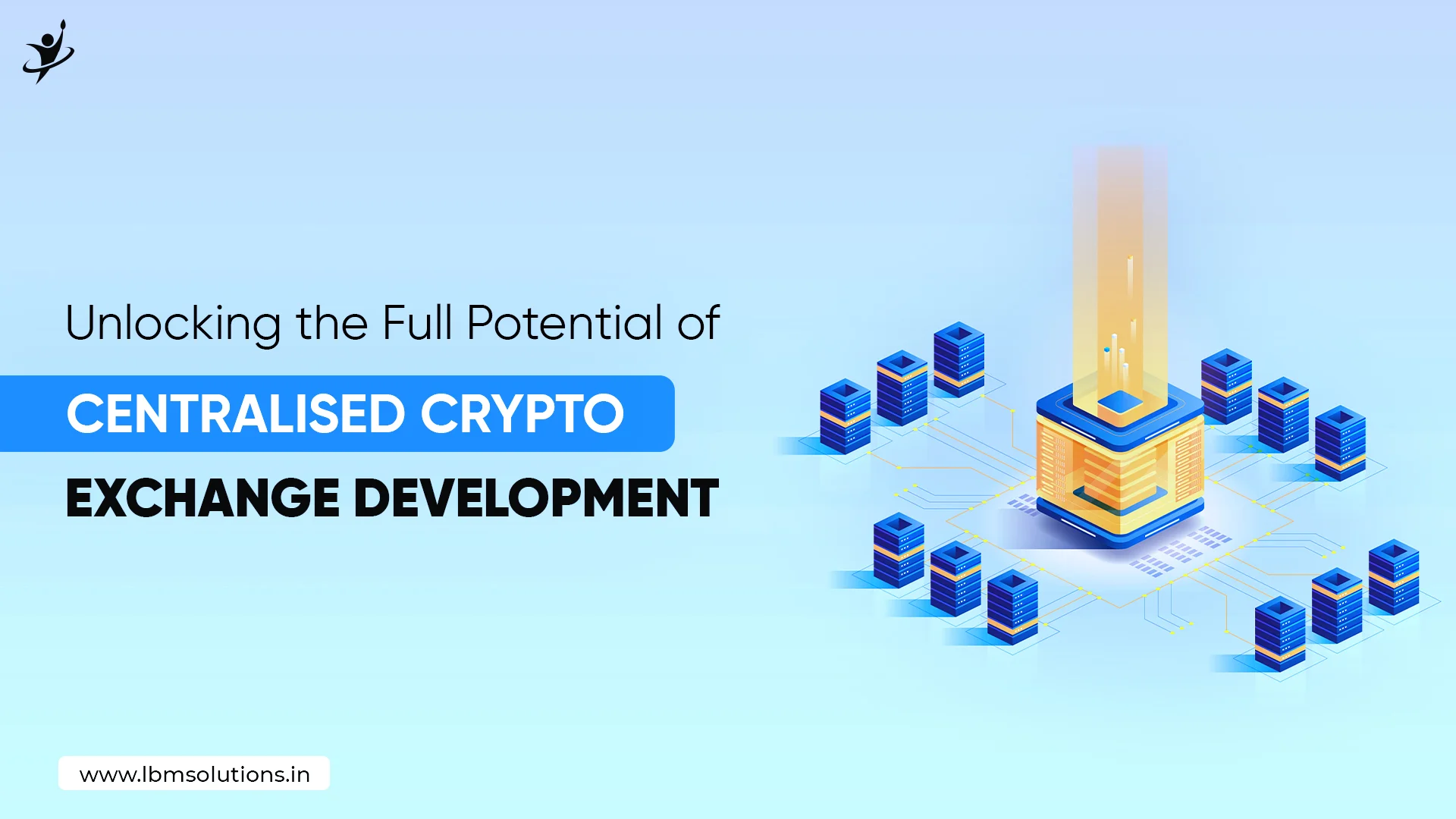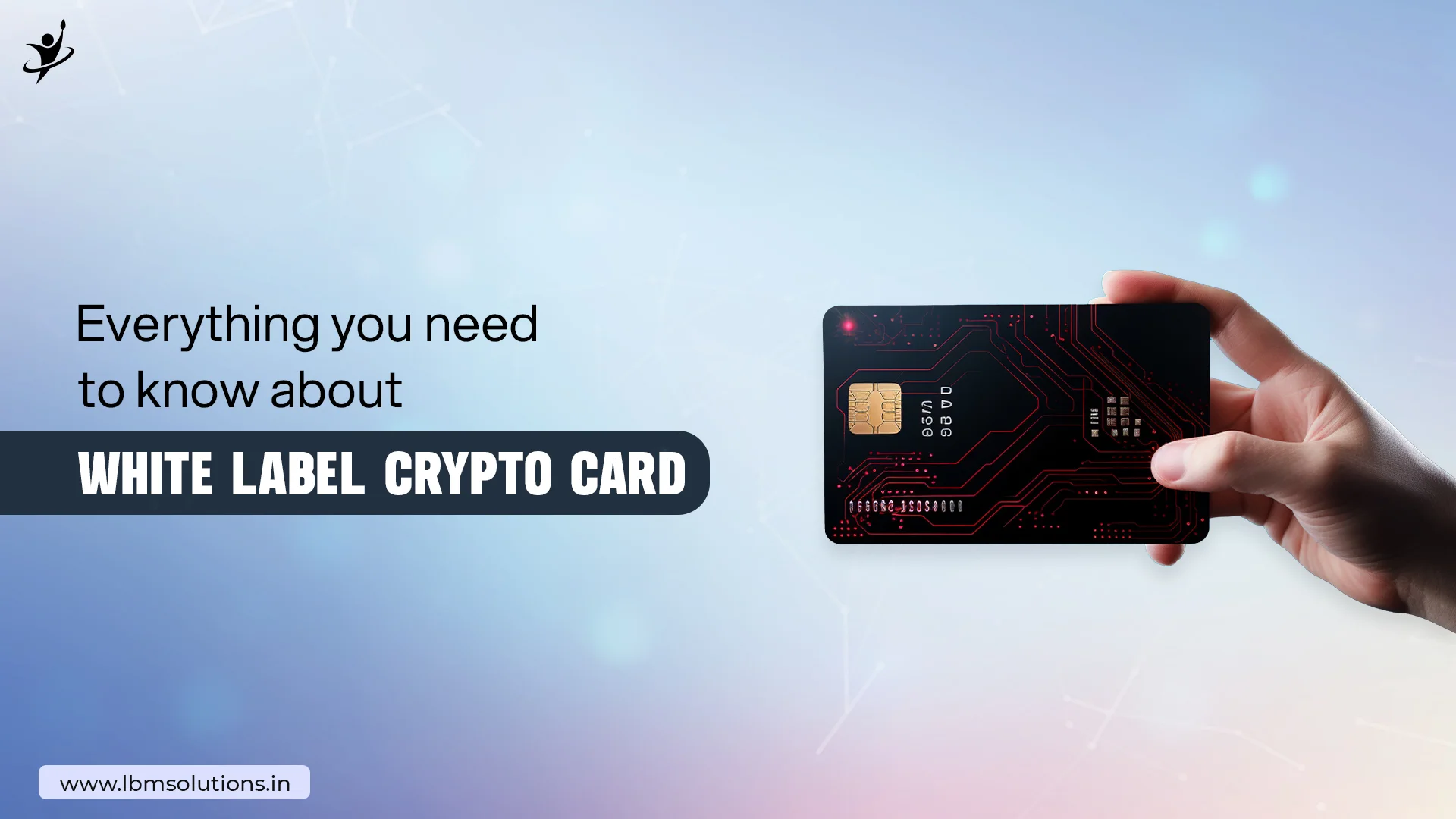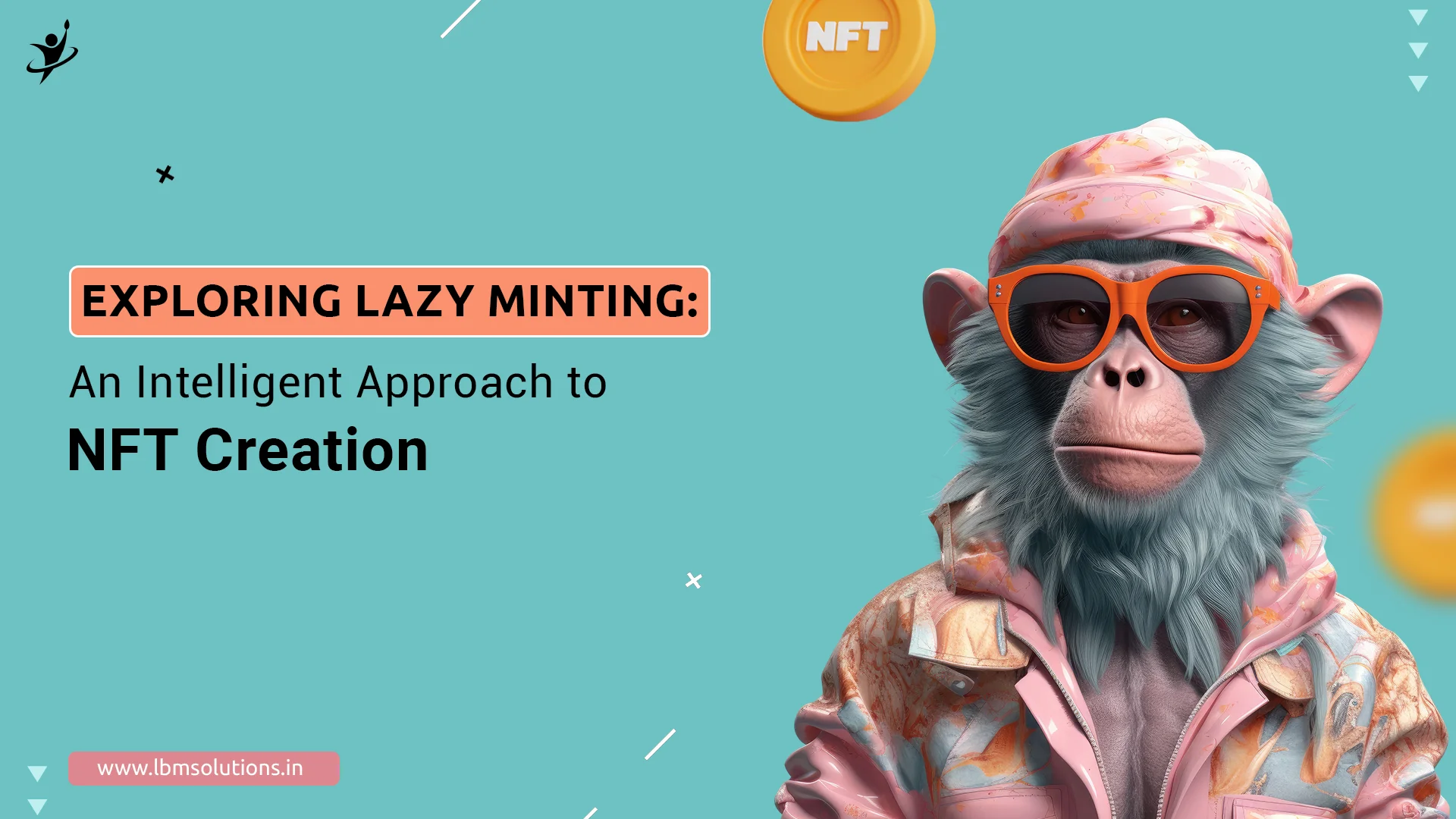Livepeer: An Overview
Livepeer is like a special network on Ethereum that deals with videos, both live and on-demand. Livepeer network differs from YouTube and similar services because it doesn’t store or send videos. Instead, it’s working on a clever tech idea. You know how lots of computers have extra power they don’t always use? Livepeer wants to use that spare power to help share videos better, from the people making videos to the ones watching them.
Now, videos take up a huge chunk of the internet, around 80%, according to some studies! And here’s the thing: making videos work on different devices, like from phones to huge screens, costs a lot of money. It’s called transcoding, and that’s where Livepeer steps in. They want to shake things up by giving video makers access to loads of computer processors everywhere. This helps app makers create videos safer, faster, and cheaper and ultimately promotes Livepeer video streaming.
In Livepeer’s world, there’s something called the Livepeer Token (LPT). This special token is like the boss, it helps keep the network safe and ensures everyone involved in the video does their job properly.
The Livepeer Ecosystem
In the world of Livepeer, there are two leading roles: Delegators and Orchestrators. They team up to make sure live streams run smoothly.
Delegators are like the supporters in Livepeer. They use their Livepeer tokens (LPT) to join the network and help keep everything fair. They choose node operators, these are folks who run Livepeer software and handle video stuff. By supporting these operators, delegators get a share of the rewards those operators earn.
Now, Orchestrators are the ones doing the video work in the Livepeer world. They use Livepeer software to handle tasks like changing video formats and sending video parts across the network. It’s a bit like a competition among Orchestrators to do this work well. They earn fees for their video services. Also, Orchestrators use their own Livepeer tokens (LPT) to be part of the game. Sometimes, they even get extra rewards for helping validate transactions and build new blocks in the Livepeer blockchain.
So, Delegators and Orchestrators are like teammates. Delegators support the video-handling folks; they get a piece of the rewards. Orchestrators do the tech work, making sure the live streams work great, and they earn their keep by getting paid for their services.
At the same time, the professionals help keep the ecosystem running. Hiring an ICO Development Company that provides services like technical expertise, token creation, smart contract development, marketing strategies, and overall guidance throughout the ICO process.
How Does Livepeer Work?

Livepeer streaming is all about sharing and delivering videos using a smart setup called a “distributed architecture.” At the heart of this are the people or experts called “orchestrators.” They’re like tech wizards using their computer power to help handle and spread videos for people who want to broadcast them.
Let’s suppose there’s an excellent app made using Livepeer. It lets you watch live high school basketball games whenever you want. Imagine the team’s coach hitting the record button on the app to broadcast the game. Well, that’s where Livepeer steps in. While the coach focuses on the game, behind the scenes, Livepeer’s orchestrators are busy converting and sharing the video so it works on different gadgets and networks. Added to this, an ICO development company plays a major role in supporting Livepeer Protocol in various capacities.
Now, these orchestrators need to show they’re serious about their work. They do this by putting up Livepeer tokens (LPT) as a promise that they’ll do a good job. These tokens aren’t used for paying for stuff within Livepeer; they’re more like tokens that decide how work is shared among everyone involved.
Not everyone might have the tech skills or powerful computers to be orchestrators, so Livepeer created another role called “delegator.” Delegators put their tokens behind orchestrators they trust to do great work in handling videos.
Both orchestrators and delegators get paid for their part in keeping the videos running smoothly. The money they earn, paid in ether or other stablecoins, depends on how many tokens they’ve put in and the quality of their work. Livepeer also makes new tokens sometimes, and these are shared among the delegators and orchestrators after a certain number of Ethereum blocks, which Livepeer calls a “round.” These new tokens are taken care of by an ICO Development Company that specializes in creating and launching Initial Coin Offerings, which are a means for crypto projects to raise funds by issuing new digital tokens.
How Livepeer is Changing Video Streaming?
Livepeer is shaking up the video streaming world by solving a bunch of big problems.
- First off, it’s expensive to set up and manage traditional video systems. Big companies can handle it, but smaller creators struggle to reach a global audience. Livepeer changes this by working on a peer-to-peer network. That means streaming videos costs way less than using big platforms.
- Next, there’s the issue of keeping up with the massive demand for videos. Regular systems sometimes can’t handle the pressure. They use a bunch of nodes working together to handle videos. This teamwork makes it easier to handle more videos as more nodes join in.
- It is also super friendly with other tech. It’s designed to work with different blockchain networks and protocols. This teamwork means better ideas and new ways to do video stuff.
- Lastly, Livepeer makes things more reachable for smaller creators and providers. The protocol helps these smaller players reach a bigger audience by making streaming and handling videos cheaper and easier.
In a nutshell, Livepeer is changing the game by making video streaming cheaper, safer, and more accessible for everyone involved.
What is Livepeer Token (LPT)?
Livepeer Token (LPT) is like the special money used on the Livepeer network. It’s pretty versatile:
- Decentralized Governance: People who hold LPT coin get a say in how things work on the Livepeer network. They can vote on changes or upgrades, giving them a role in its development.
- Incentivizes Participation: LPT encourages folks to share their computer power and internet bandwidth with the network. This helps keep the network strong and reliable.
- Paying for Services: If you want to use the network’s video processing or streaming services, you use LPT to pay for it. This way, users can access these services without needing a middleman.
- Trade and Flexibility: LPT isn’t just for using the network. You can trade it like regular money on certain exchanges, allowing people to buy or sell it as needed.
- Transparent Transactions: The Livepeer network keeps track of all LPT transactions openly. This means users can easily check their token balance and see where their tokens are going.
So, think of LPT as a versatile tool. It’s not just for paying for services on the Livepeer network; it also lets people have a say, encourages participation, and allows for easy trading. Plus, everything about its transactions is transparent and easy to track.
Is Livepeer a Promising Cryptocurrency?
Livepeer has been making big waves in the crypto world. It hit a record high recently, surpassing $83 on November 9, 2021, and even jumped by 5000% in 2021! Investors notice Livepeer coin’s skyrocketing growth and wonder if it’s a smart move.
The CEO’s announcement about Livepeer crypto solving TechCrunch’s issues greatly boosted it. For those disappointed with other video platforms, Livepeer’s become a top pick.
The Takeaway
Livepeer is changing the game in decentralized video streaming. Using blockchain and a bunch of connected nodes, it offers a secure, scalable, and budget-friendly way to stream videos.
This platform isn’t just about tech, it’s about fairness, too. It’s giving both creators and viewers new chances to connect. The fact that more creators and streaming services are using Livepeer shows it’s the real deal and could shake up the video world.
With its focus on fairness and openness, Livepeer is paving the way for a better future for videos. It’s exciting to see how this platform will grow and what it’ll do for the industry ahead.












